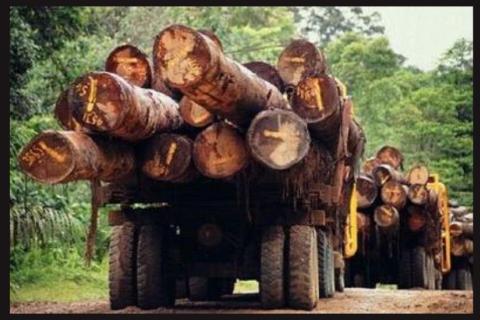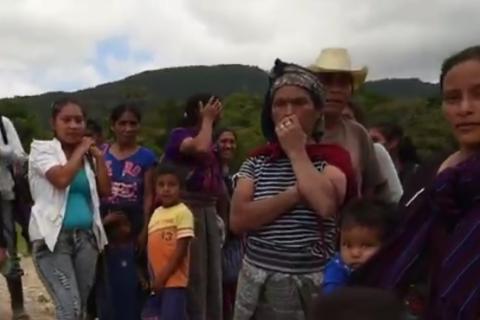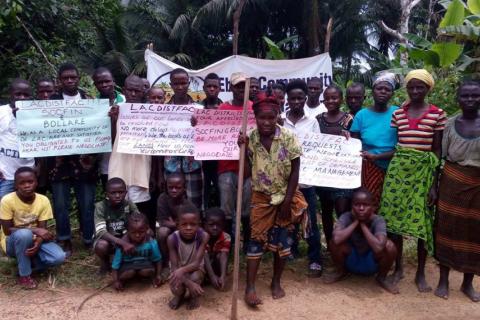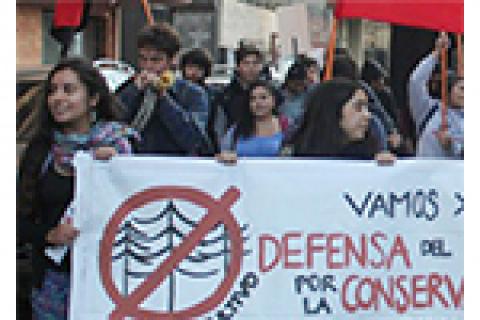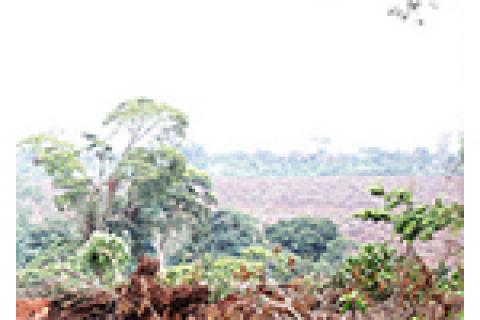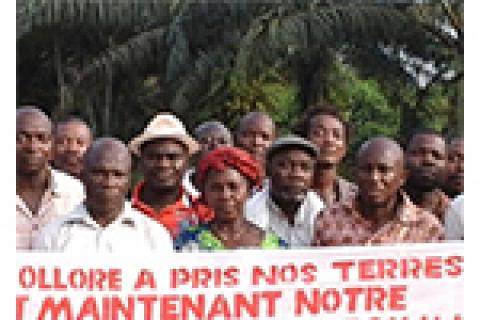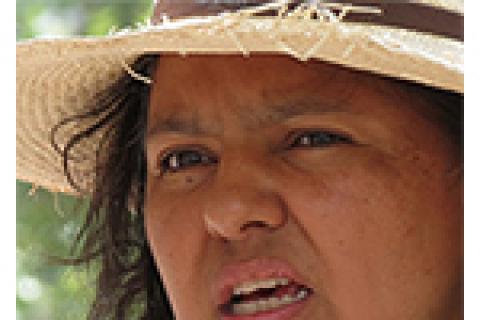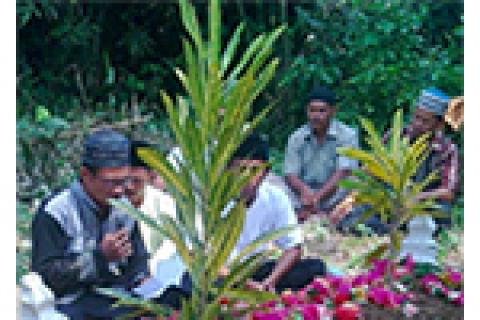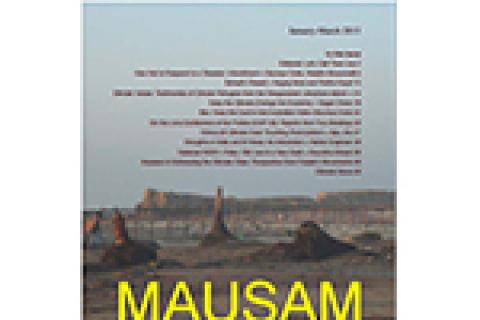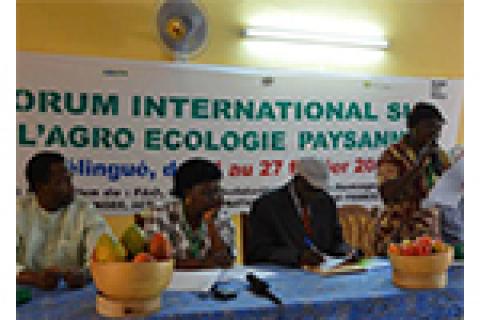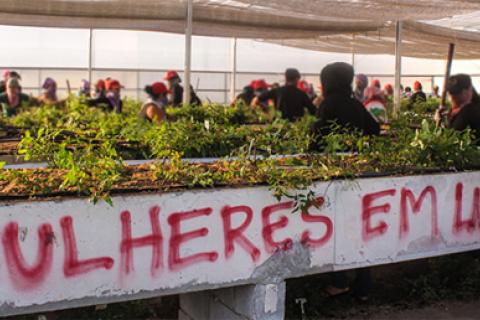Other information
Communities of the middle and lower basins of Madre Vieja River on the Pacific side of Guatemala are being deprived of water because of dams built by companies planting African palm and sugar cane. Neighbors and organized communities - some of them belonging to the International Redmanglar Network - have repeatedly claimed that these companies are using, retaining and diverting water for their large-scale plantations.
Peasants in northern Mozambique are struggling to keep their lands and water sources, as governments and foreign companies move aggressively to set up large-scale agribusiness projects. The long-awaited ProSavana Plan for agribusiness development in the Nacala Corridor, inspired by the so-called “successful” agribusiness development in the Brazilian Savannah (cerrado) region, is out.
Forest fires in the south of Chile have been very aggressive this year, affecting thousands of hectares of forests from three protected areas in the Araucanía region, south of Chile. On April 14th, a march was organized to denounce the root of the problem: the expansion of the forestry industry.
The radio program Growing Voices, from Radio Mundo Real, discusses the impacts of the highly criticized Wilmar International, one of the largest palm oil corporations in the world. The program looks closer at the case of Kalangala in Uganda, where over one-hundred Ugandan small-scale farmers were evicted, and their lands grabbed by Oil Palm Uganda Limited, a subsidiary of Bidco Uganda Ltd - which in turn is a venture co-owned by Wilmar International.
Peasant farmers deprived of their lands launch a series of occupations on Socfin’s plantations in Cameroon, Liberia, Cambodia and Côte d’Ivoire between the end of April 2015 and the annual shareholder meetings of the Socfin group (27 May) and the Bolloré group (4 June). The Bolloré group is the biggest shareholder (39%) of Socfin, which has industrial oil palm and rubber plantations, among others in the countries where the protests are taking place.
In a country with growing socioeconomic inequality and human rights violations, Berta Cáceres played a key role in the struggle of the indigenous lenca peoples of Honduras against the construction of a mega-dam that would destroy the Rio Blanco. She undertook a grassroots campaign with the local communities and led a protest where people peacefully demanded their rightful say in the project.
The opinion article from the Jakarta Post by Abetnego Tarigan, of the Indonesian NGO Walhi, and Iwan Nurdin, of the Agrarian Reform Consortium, warns on how the international focus on the impacts of plantation companies has been on their environmental impacts rather than their human rights abuses. They explain how the recent torture and murder of Indra Pelani amounts to an entrenched industrial plantation system whereby whole swaths of rural land have been taken from locals without their consent.
The India Climate Justice collective has published the third issue of the Mausam magazine aiming to facilitate constructive and creative debates on climate issues. It attempts to connect these issues to local struggles over natural resources, fossil fuel extraction, lands, livelihoods and food sovereignty.
More than 200 people took part in the Forum, held in Nyéléni, Mali, from February 23 to 27, to develop joint strategies to promote agroecology and defend it from corporate co-option. The declaration of the Forum affirms that “Agroecology is political; it requires us to challenge and transform structures of power in society.
